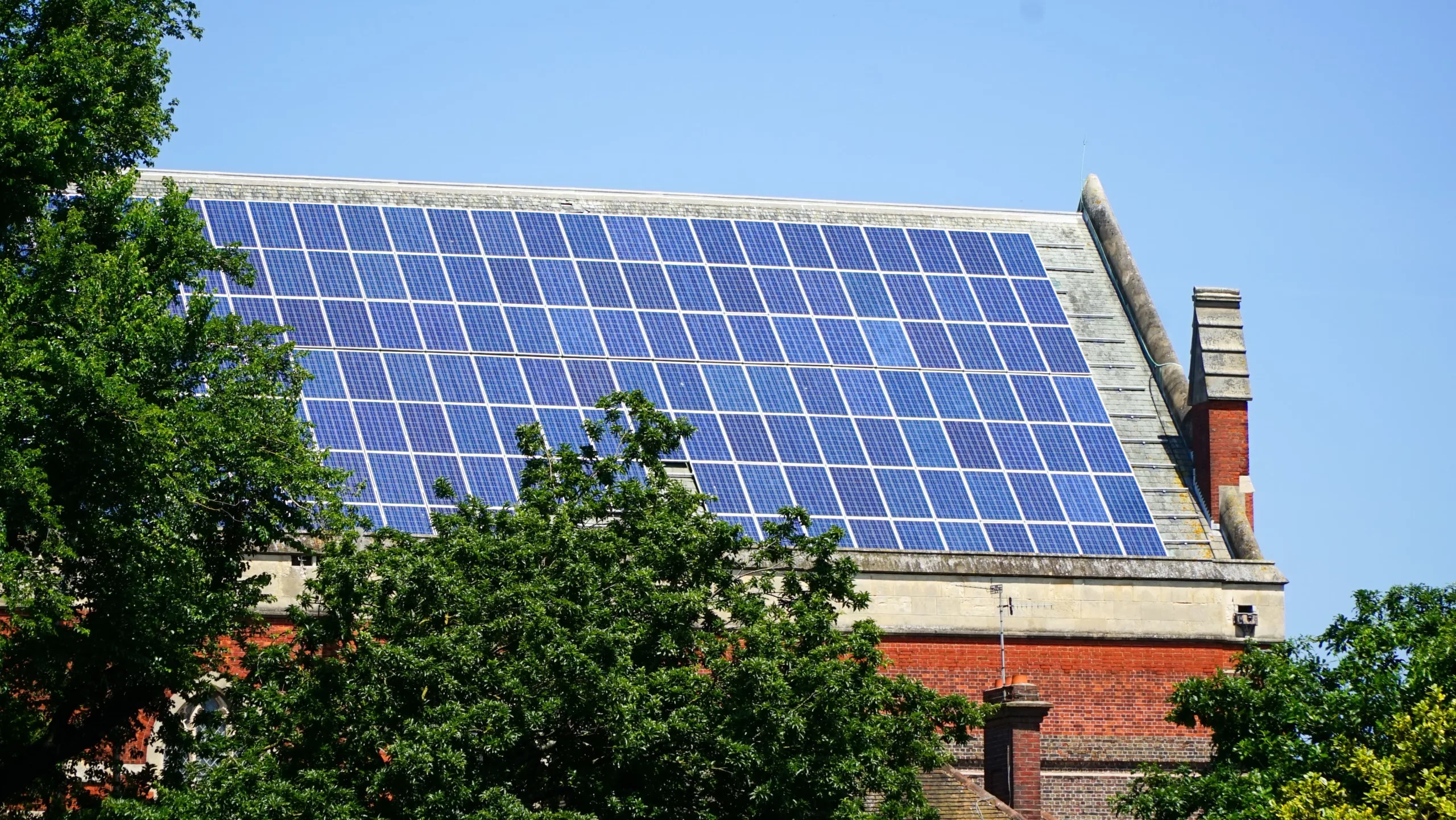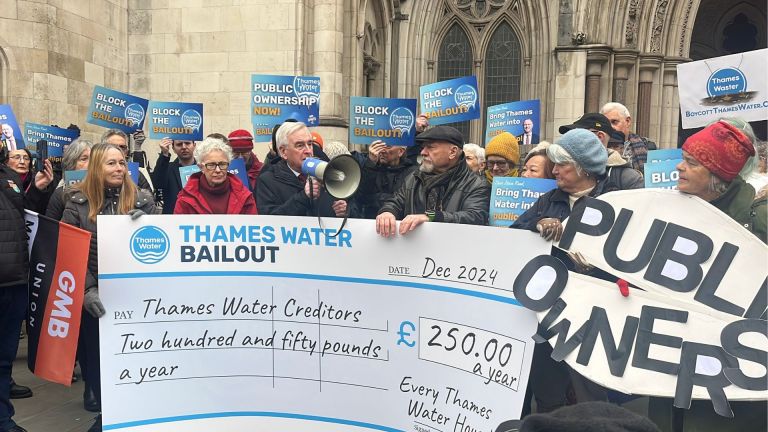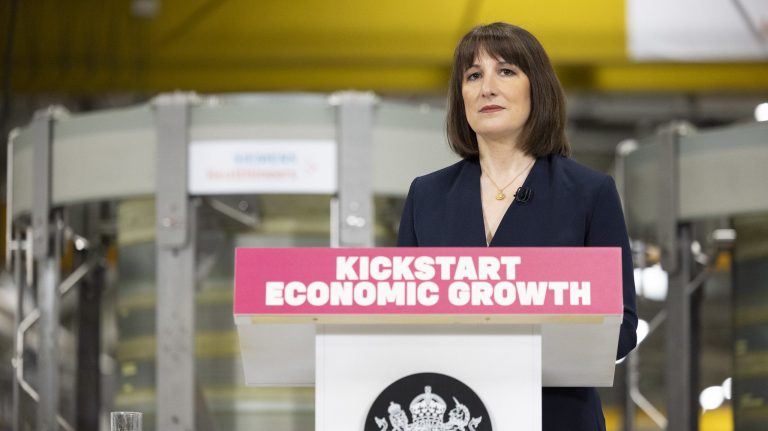According to Elliot Clark, retrofit assessor with the Centre for Sustainable Energy, says: “There are several factors that can impact the cost-effectiveness of solar energy. There are the obvious ones, such as the number of sunny days, or potential for malfunction.
“But it’s not always considered how much energy the household is using in the daylight hours, or whether they’re with a supplier that offers a good rate for energy exported back to the grid.”
Solar power can help make your property more energy efficient and reduce reliance on expensive energy providers. But you need to do your research.
Here’s everything you need to know before you make the switch:
How do solar panels work and are they expensive to install?
Photo-voltaic (PV) solar panels capture energy from the sun and convert it into electricity. They generate more when the sun is shining, and less when it’s cloudy.
The average PV system costs roughly £5,500, but it can reduce your bills in two different ways.
Firstly, when you use the energy you generate yourself, you won’t have to rely on expensive power from the national grid.
The Energy Saving Trust estimates that a typical household with a 3.5 kilowatt-peak system – the average solar system installed by UK houses – can reduce its energy bills by anywhere between £190 and £465 per year. You can use a PV fit calculator to check how much you can save.
You can also make money from your PV systems. When a solar household generates energy that it doesn’t use, this energy is pumped back into the grid. Under a government scheme called the smart export guarantee (SEG), companies have to pay customers for this spare electricity.
Different suppliers offer different SEG rates, with fees ranging from 3p per kilowatt hour to 15p per kilowatt hour. Martin Lewis’s Money Saving Expert site has a useful company-by-company comparison.
Depending on your supplier, you stand to make between £80 and £120 per year.
These are significant savings. Nonetheless, it will take the average household between 11 and 18 years to break even on the initial installation cost.
But there are ways to maximise your savings
How to get the best value for money from your solar system
It’s more cost effective to use your energy in the home rather than export it. This is because solar panel users are still charged for energy they don’t generate themselves. How much energy you still use from the grid will determine how much you save.
“At current prices, importing energy [costs] about 34p/kWh whereas to export energy back to your supplier, you may get anywhere between 3p and 15p/kwh,” Clark explains.
The types of appliances you operate – and the times of day you use them – will alter your total bill.
“If a household has all electric heaters, then the solar PVs won’t necessarily help to reduce the cost of those much as they’re typically turned on when the sun isn’t shining (early morning / late evening, in winter),” adds Clark.
“Likewise, if there are no occupants home during the day then less energy is being used in the house and more is being exported.”
You can minimise this outlay by charging appliances in the daytime, or getting battery storage to save excess energy generated on sunny days.
“You can get solar diverters which will heat up your electric immersion hot water tank using the solar energy when it detects energy about to be exported,” Clark advises.
“Also, ensure you’re with an energy supplier that offers a good SEG rate for when you are exporting energy.”
The Centre for Sustainable energy also encourages users to install installation, which reduces energy use with a shorter payback period.
Can you get funding to install solar panels?
The most significant barrier to solar take-up is the hefty installation cost. But some low-income households may be eligible for a grant.
Some councils have qualified for the government’s home upgrade grant, which funds local authorities to make energy efficiency upgrades on certain types of home.
Under the separate Energy Company Obligation 4 (ECO4) scheme, the government obliges companies to undertake retrofitting and efficiency upgrades. Applicants to this scheme may be eligible for full or partially-funded solar PV.
These are largely locally-determined, so check with energy advocacy organisations for advice on your eligibility. The Energy Saving Trust, National Energy Action, and your local council are good places to start.
“Local authorities across the country currently have schemes to improve the energy efficiency of privately owned domestic properties and solar PV is often included in the available measures,” Clark continues.
“Speaking with any local energy advice organisations would be the best route to finding funding that may be available to you.”
Do you have a story to tell or opinions to share about this? We want to hear from you. Get in touch and tell us more.









